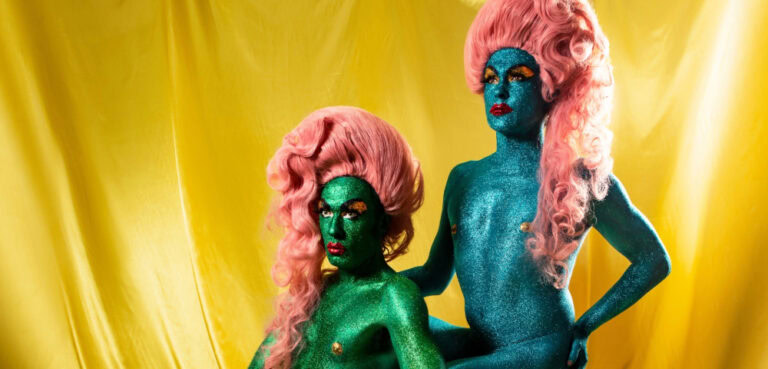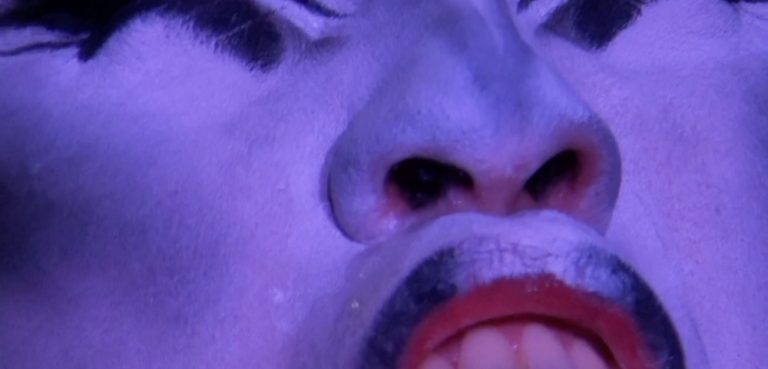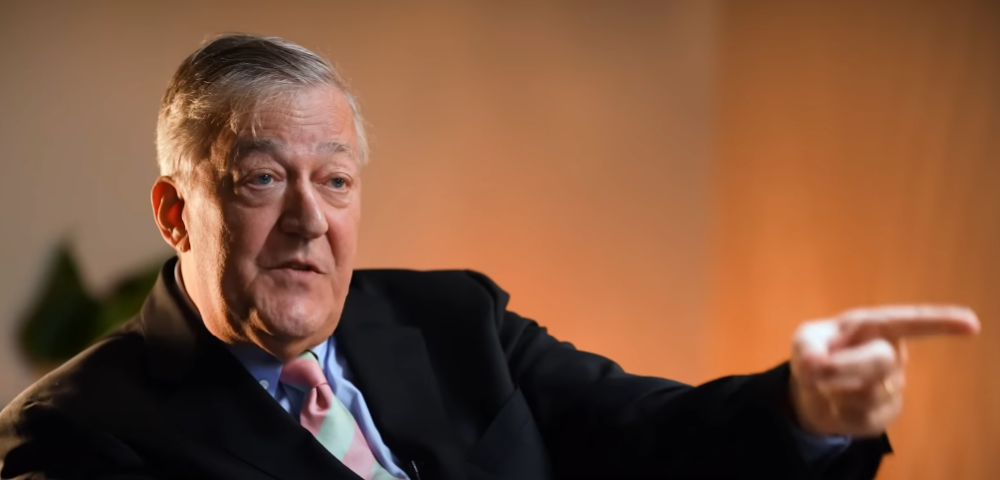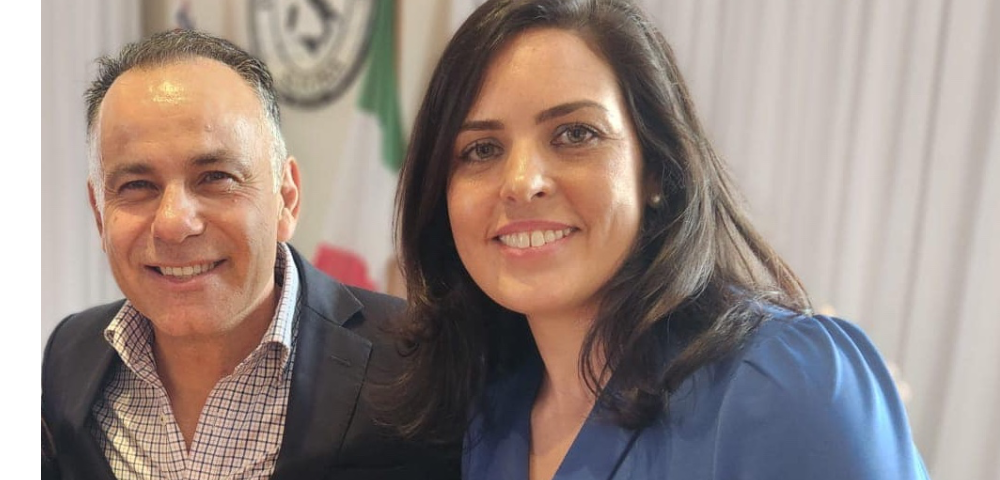
Survey Uncovers Disturbing Mental Health Crisis Among Aboriginal and Torres Strait Islander LGBT Youth
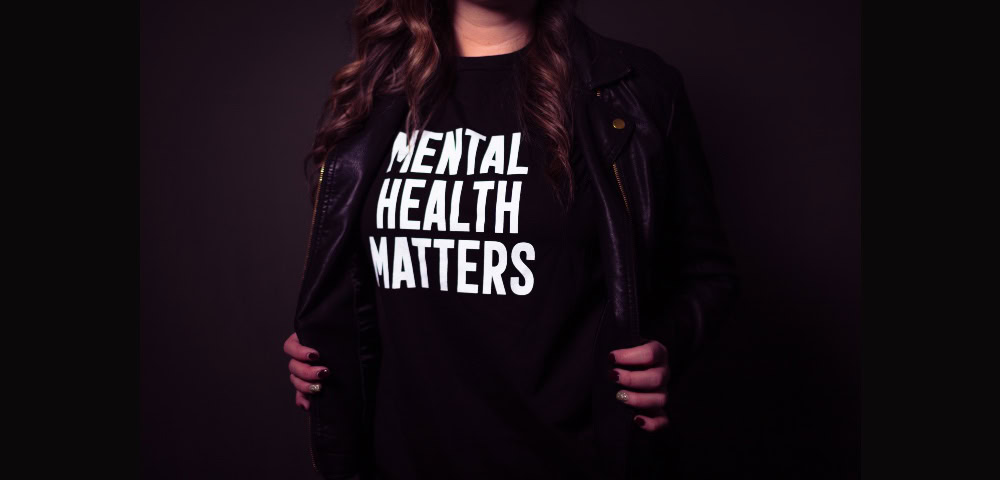
A landmark study has shed light on the harrowing challenges faced by Aboriginal and Torres Strait Islander LGBTQI youth in Australia.
Trigger Warning: This story discusses mental health, suicide and suicide ideation, which might be distressing to some readers. For 24-hour crisis support and suicide prevention call Lifeline on 13 11 14. For Australia-wide LGBTQI peer support call QLife on 1800 184 527 or webchat.
The first-of-its-kind ‘Walkern Katatdjin: Rainbow Knowledge’ national survey exposed the stark reality of suicide attempts and pervasive psychological distress among Aboriginal and Torres Strait Islander LGBTQI youth.
“Our findings confirm what our communities have known for a long time, but capturing these statistics through the survey was an important step. Now that we have this evidence of the burden on our communities, we need action,” Shakara Liddelow-Hunt, a researcher with the University of Western Australia, said in a statement.
Toll On Mental Health
The study, conducted by youth mental health researchers surveyed around 619 participants. The Walkern Katatdjin survey, spearheaded by Aboriginal and Aboriginal LGBTQA+ researchers Associate Professor Bep Uink and Shakara Liddelow-Hunt, aimed to understand the mental health, social and emotional well-being, and the experiences of accessing care among Aboriginal and Torres Strait Islander LGBTQI young people aged 14 to 25.
One in two or almost half of those surveyed disclosed having attempted suicide at some point in their lives, with a staggering 19 per cent attempting suicide within the past year.
Equally concerning was the revelation that over 90 per cent of Aboriginal and Torres Strait Islander LGBTQI youth reported experiencing high or very high levels of psychological distress. The study also uncovered feelings of disconnect among participants, both from their spiritual heritage and from their Aboriginal and Torres Strait Islander LGBTQI community.
Survey Offers Hope
The survey did, however, reveal glimmers of hope. Participants expressed strong connections to their family and kinship networks, generally good physical health, and a sense of belonging to distinct Aboriginal and LGBTQI communities. Further analysis hinted that support from family, community, and Elders, alongside a sense of pride in their identities, can bolster the mental health, social and emotional well-being of Aboriginal and Torres Strait Islander LGBTQI youth.
“This study is unique in that we looked at wellbeing through an Aboriginal lens to capture information on how connected young people felt to their community and their culture,” said Associate Professor Uink.
“This helps us further understand why levels of suicide behaviour and psychological distress are so high in this population. We were also able to ask about young people’s experiences of acceptance among their families and communities. Some young people feel that their Elders and extended family do not accept their LGBTQI identity – this is something that needs to change.”
According to Liddelow-Hunt, the study demonstrates the need to develop a specific evidence base about Aboriginal and Torres Strait Islander LGBTQI young people’s mental health and social and economic well-being.


